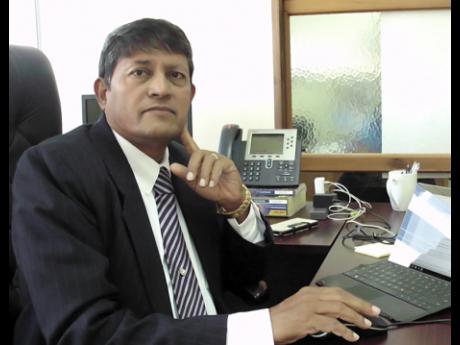For the Reckord | Performing arts critical to Respect Agenda
The Government has restarted the Values and Attitudes programme launched in the 1990s by Prime Minister P.J. Patterson. It was revived in February 2014 by Minister of Education Ronald Thwaites as the Respect Agenda campaign and endorsed by current education minister, Ruel Reid.
This I learnt in an interview on Monday at the Ministry of Industry, Commerce, Agriculture and Fisheries, New Kingston, with its former Permanent Secretary Reginald Budhan, now Values and Attitudes ambassador and national coordinator of the Respect Agenda campaign. The performing arts, among other things, are being used to teach positive values and attitudes to Jamaicans in general and the young in particular.
PROGRAMMES FOR PARENTS
Declaring the programme of crucial importance economically and socially to Jamaica, Budhan said, "We've trained over 300 principals in early-childhood institutions to run programmes for parents. That's where we need to begin, but unfortunately, the parents are not coming for the training; many are children themselves."
"So we began implementing in the high schools and tertiary institutions, including The Mico University College and Excelsior Community College (ECC)."
In the ECC's School of the Performing Arts (SOPA), the programme is led by SOPA head Kenny Salmon and involves ECC students in the Career Advancement Programme (CAP) prorgamme.
Over eight weeks, they are taught core values and attitudes Budhan identified by lecturers in dance, drama and music. The students create skits, songs, poems and dances which, Salmon said, will be in an end-of-project concert.
REASON FOR PROGRAMME
Budhan said the values and attitudes programme flowed from a realisation by Jamaica's multinational development partners in the 1990s that the country was underperforming, although English-speaking, geographically close to the USA, and having good public institutions modelled along international lines.
"Despite all that and being among the highest recipients of loans and grants from the international community, Jamaica is still a poor country. The question was why. The Planning Institute of Jamaica was mandated to conduct a national consultation," Budhan said.

